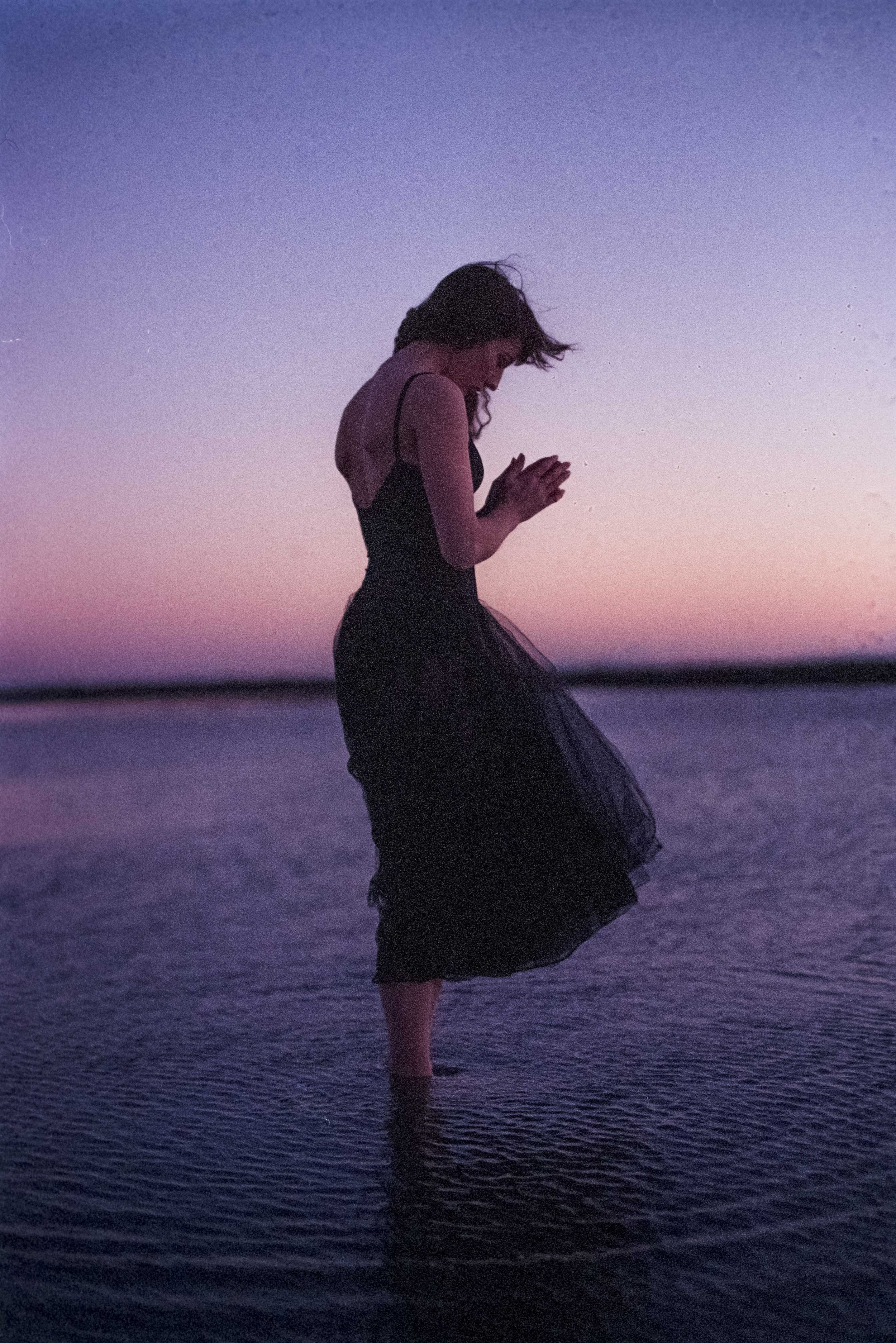Art as Therapy
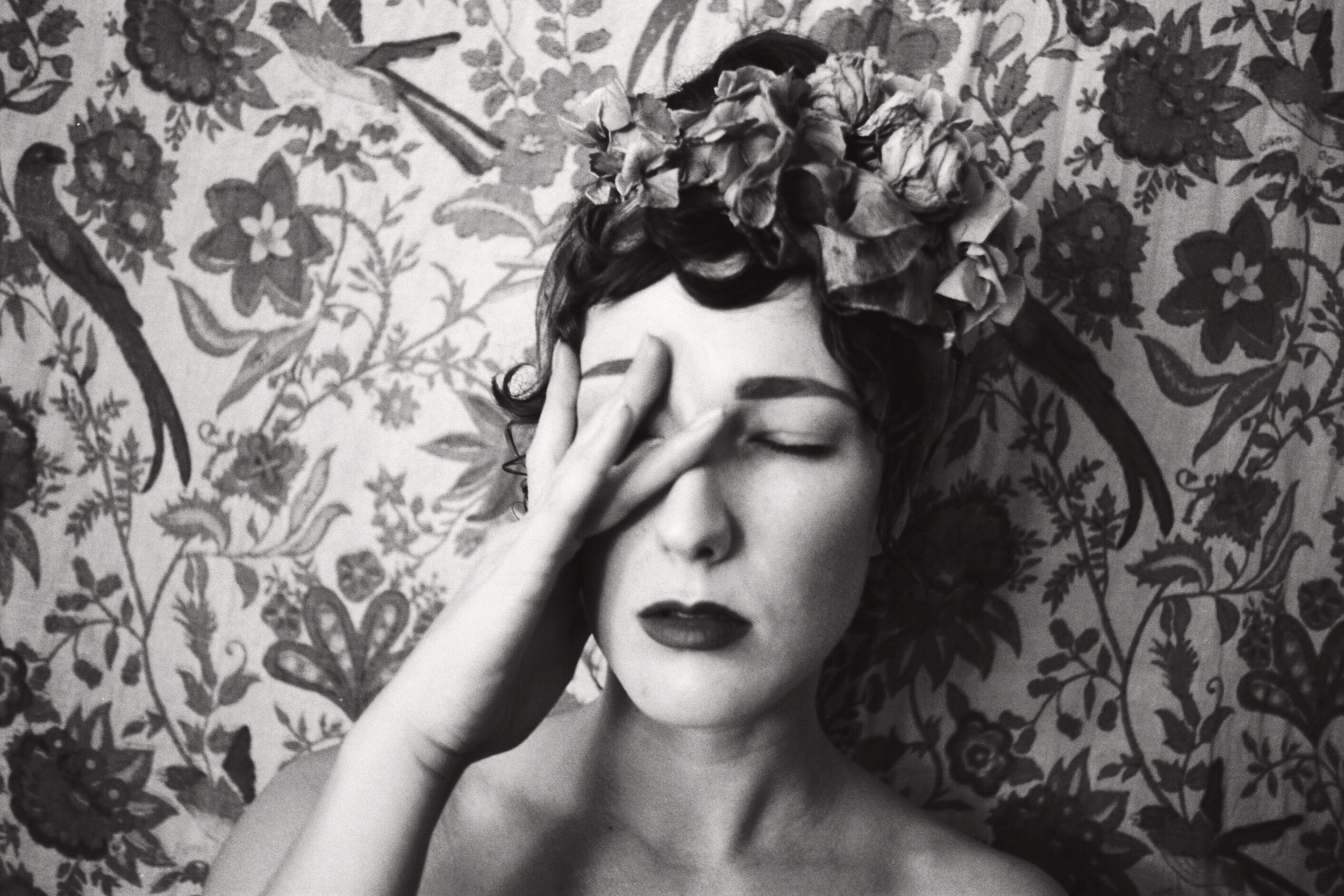
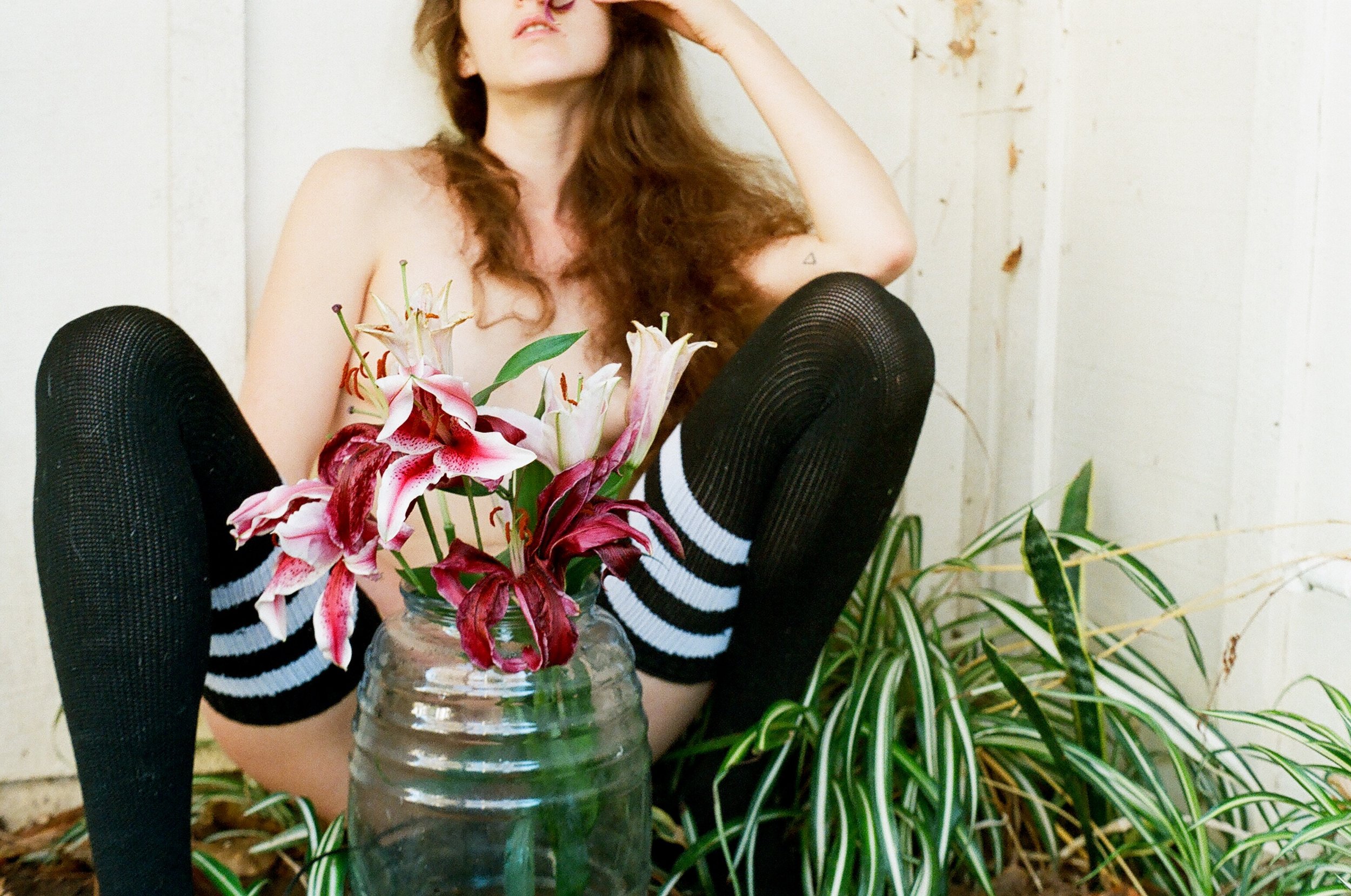
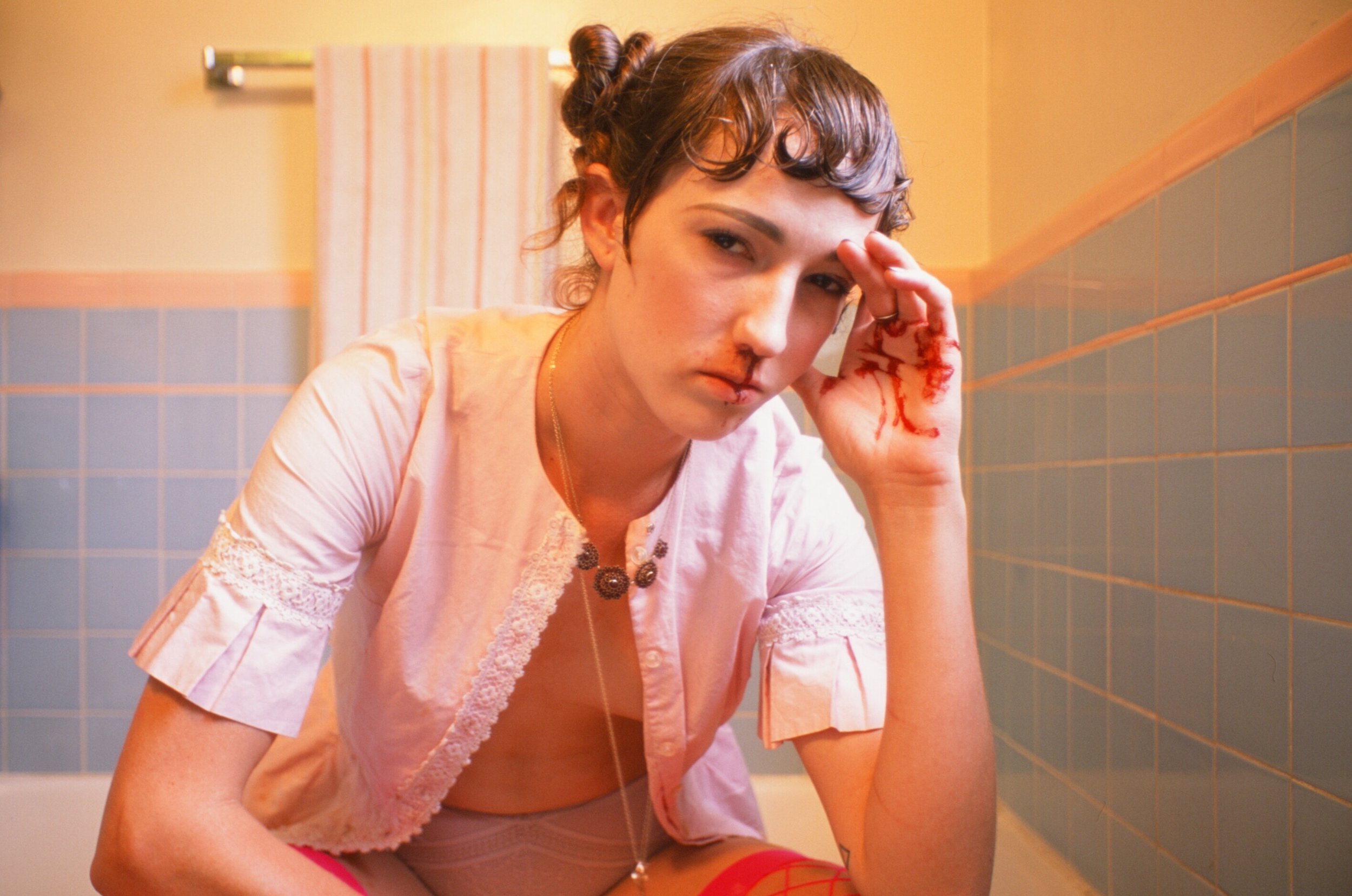
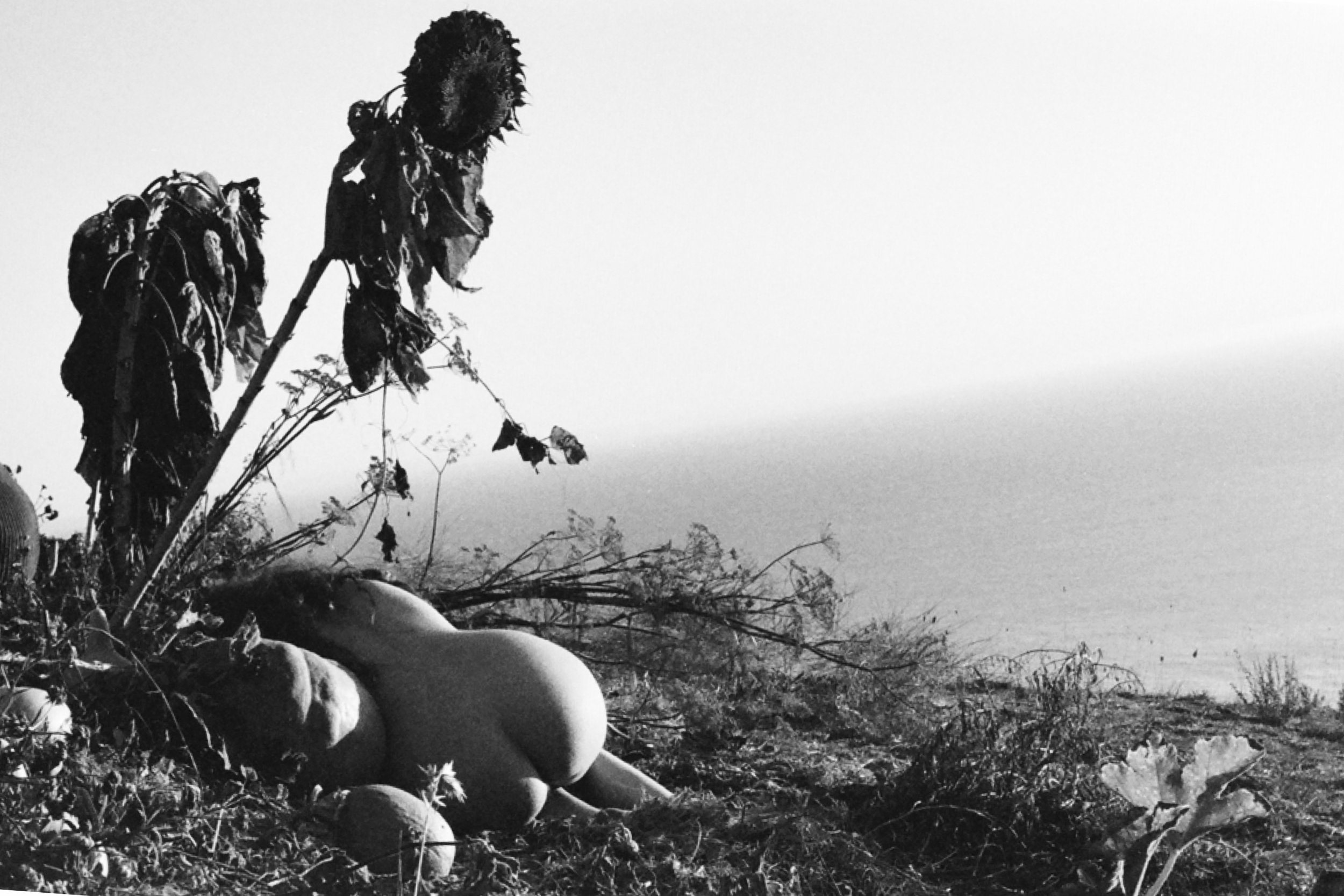
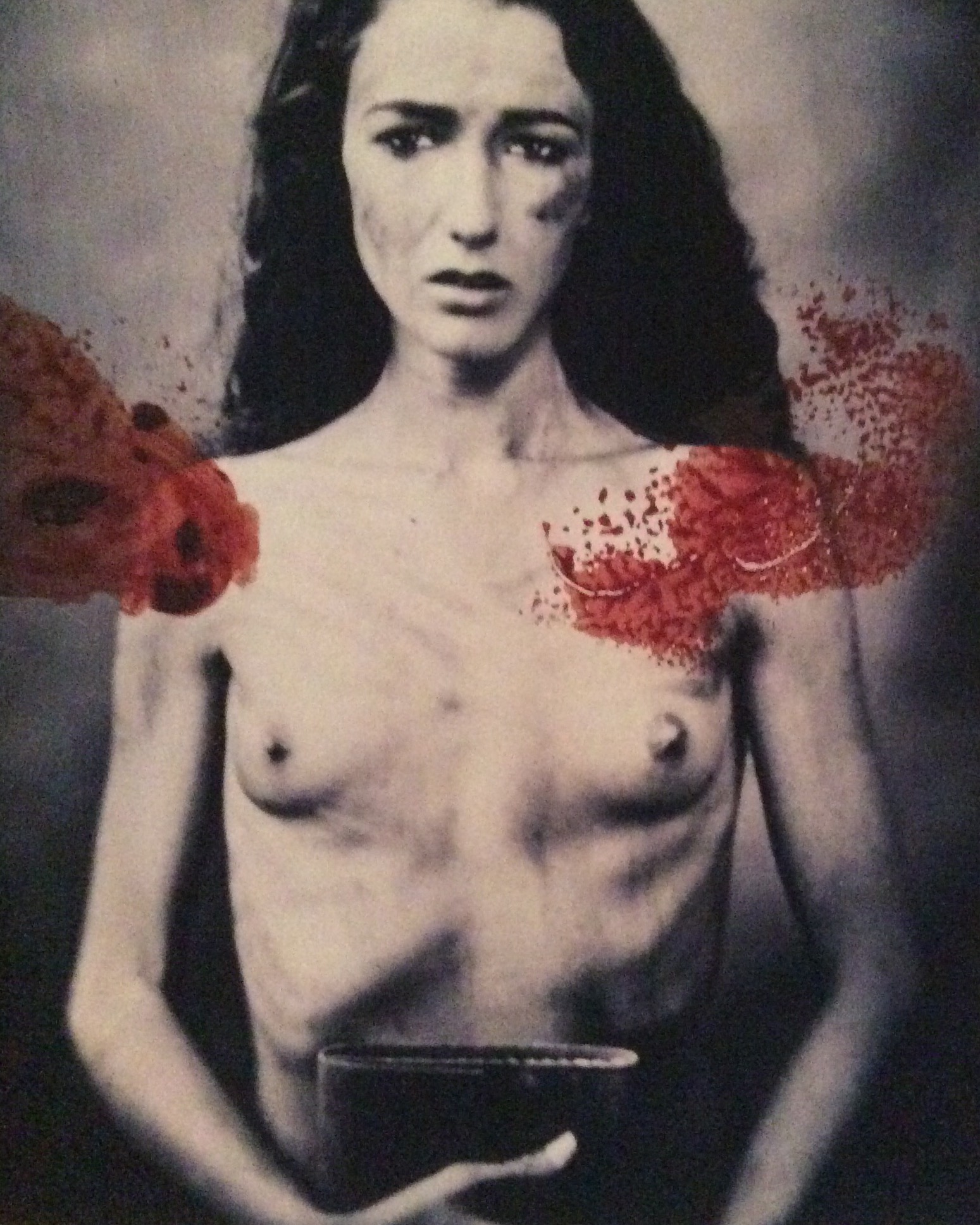
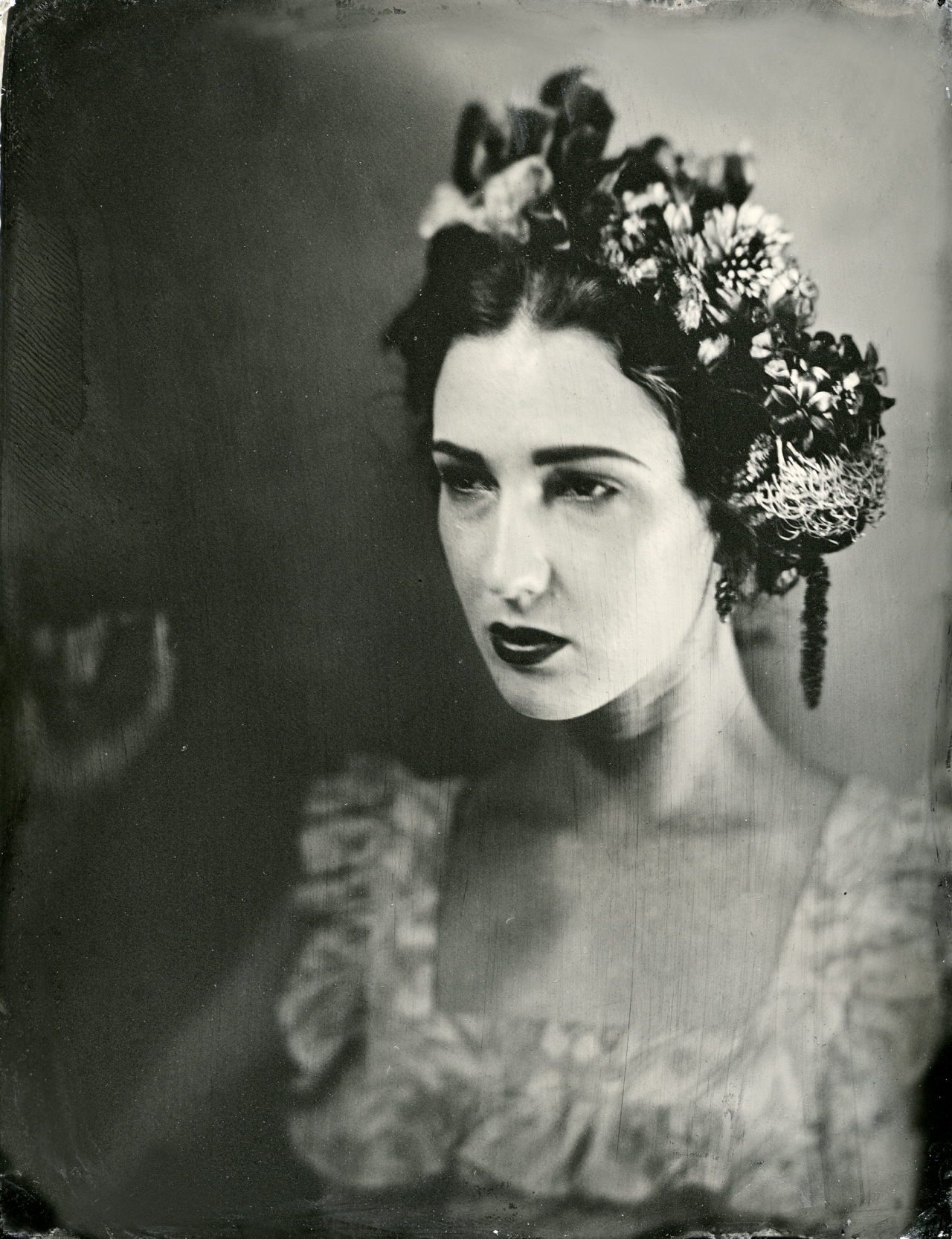
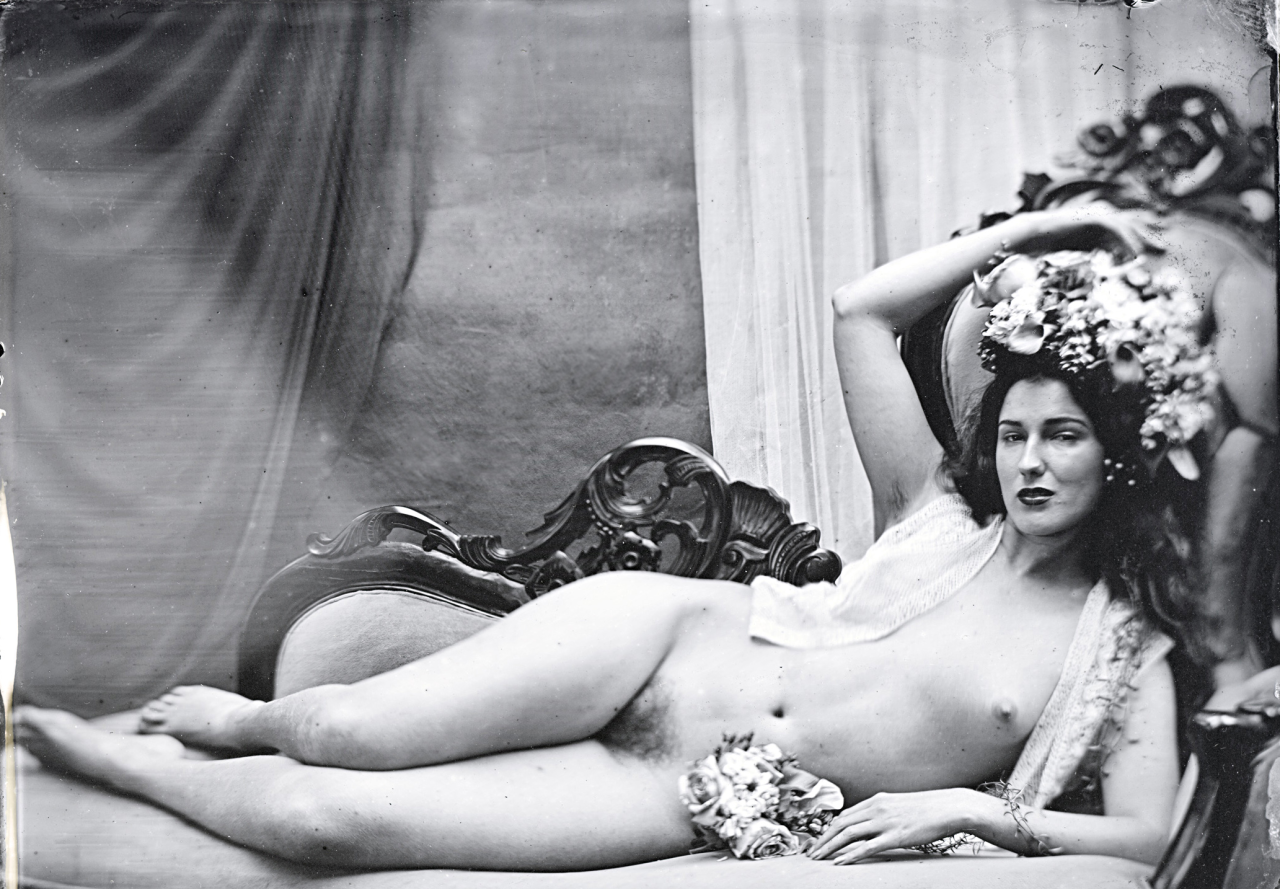
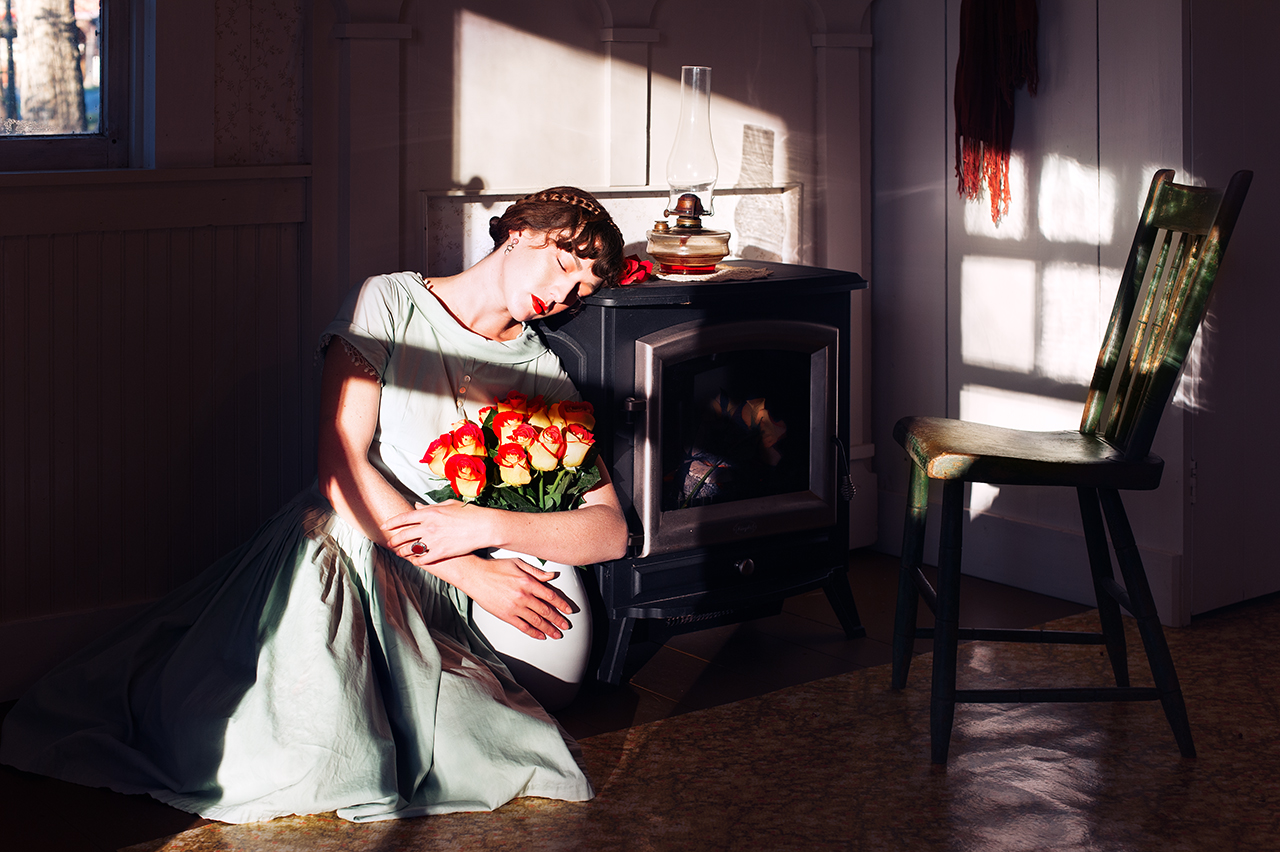
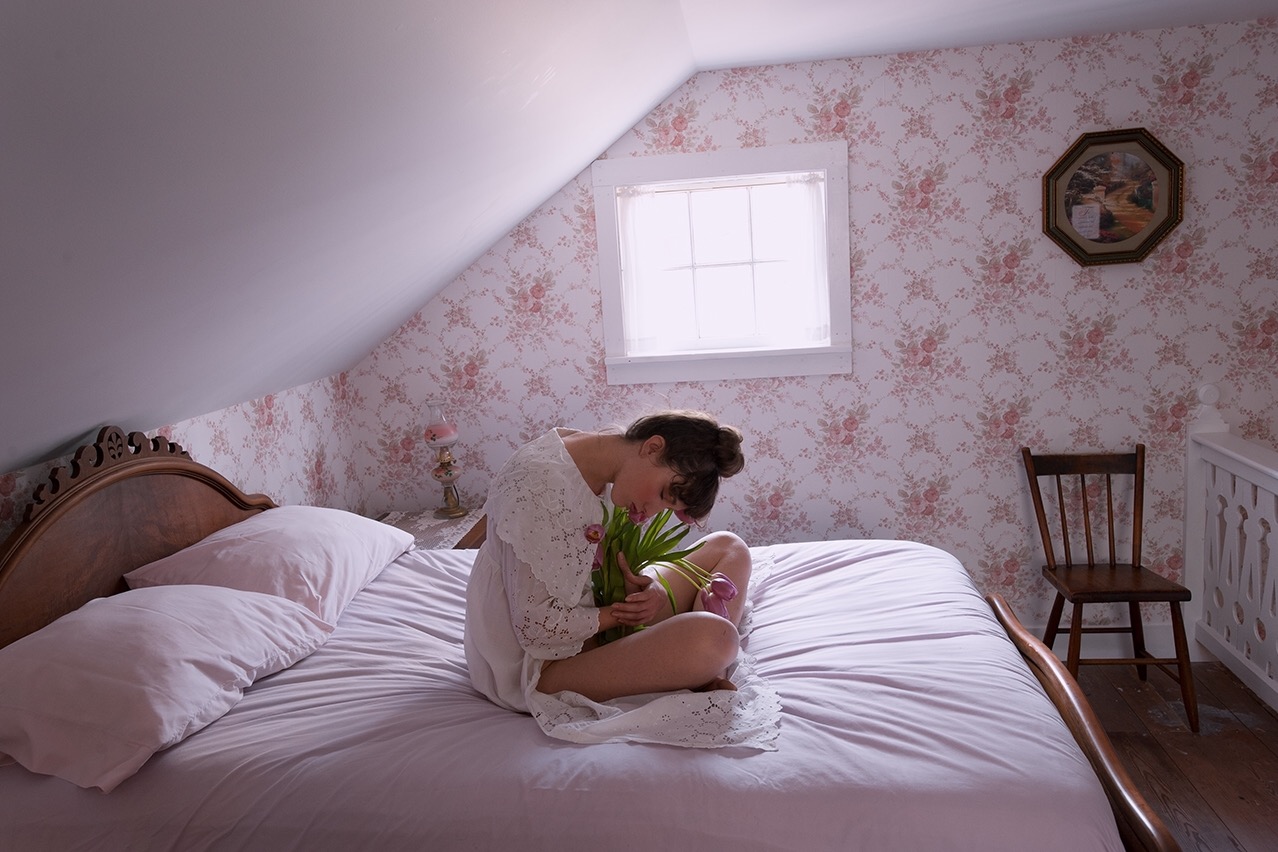
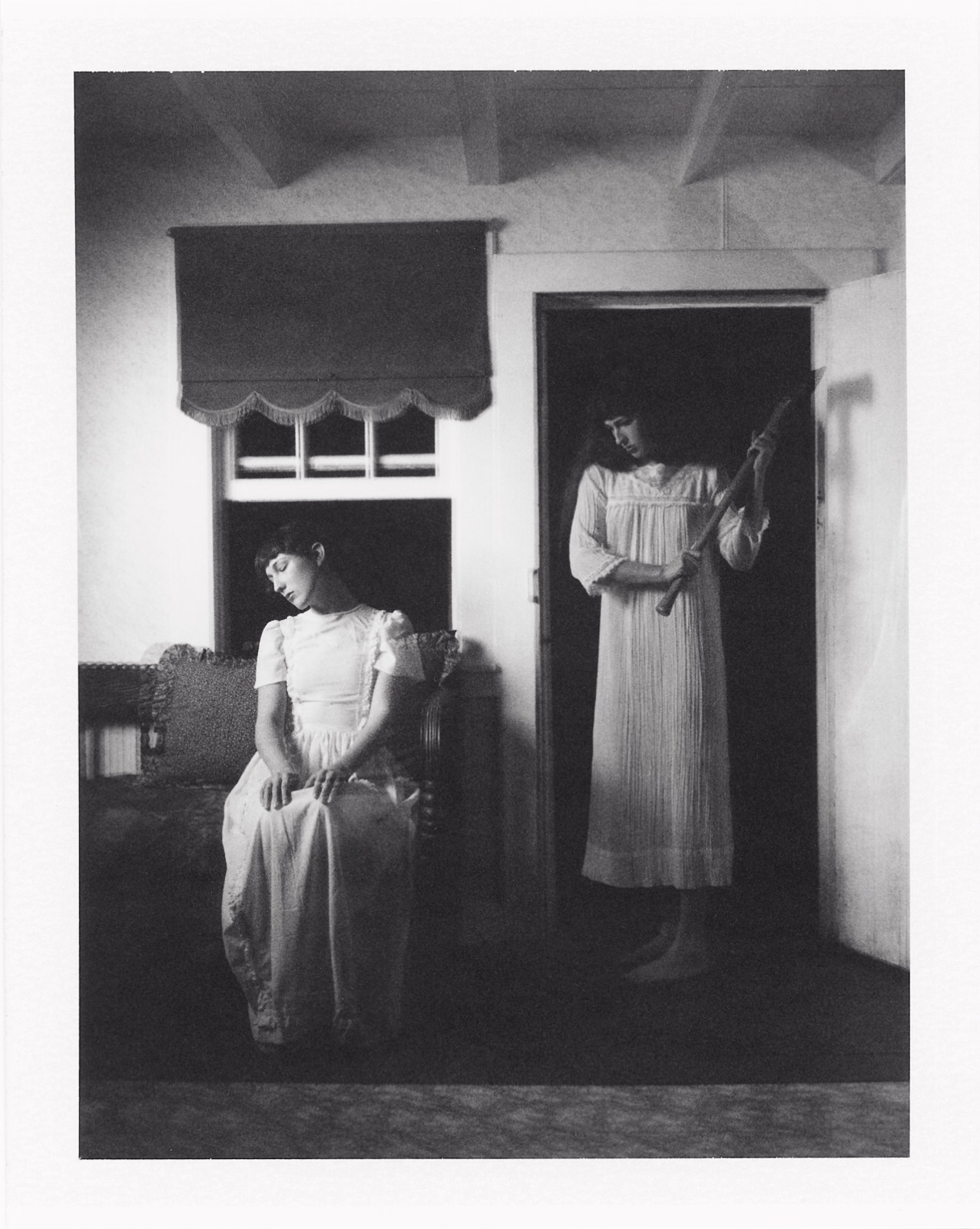
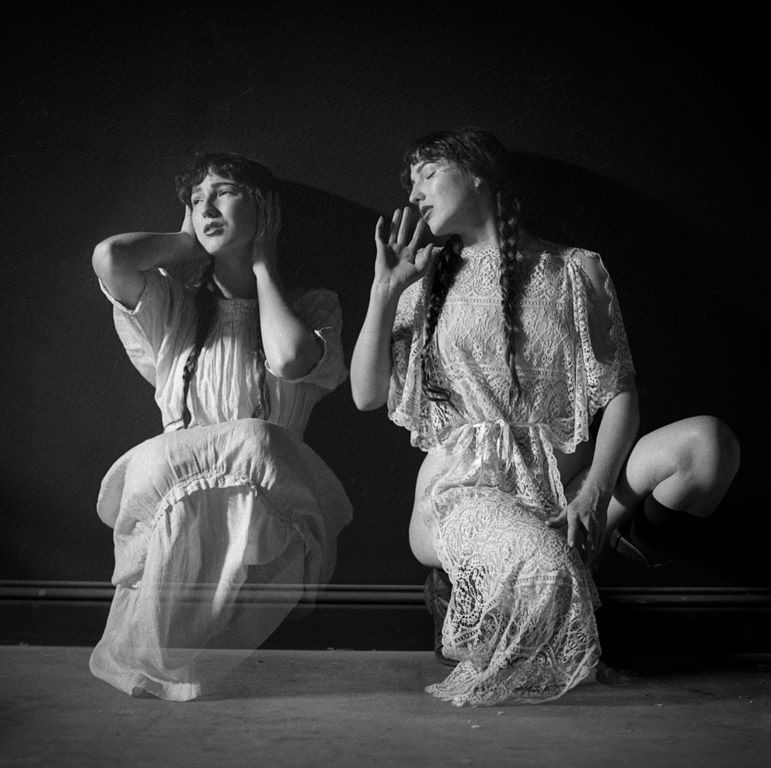
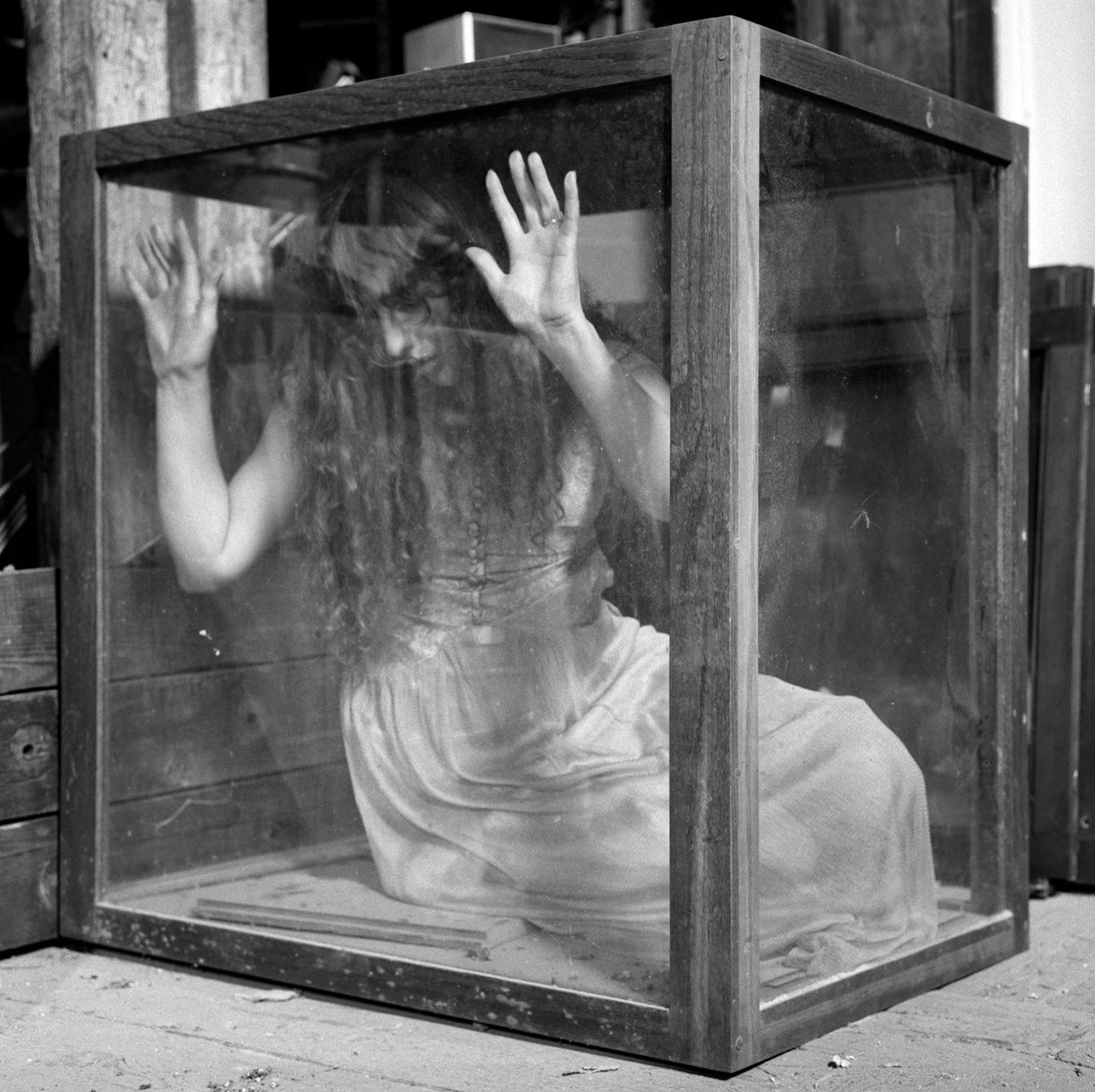
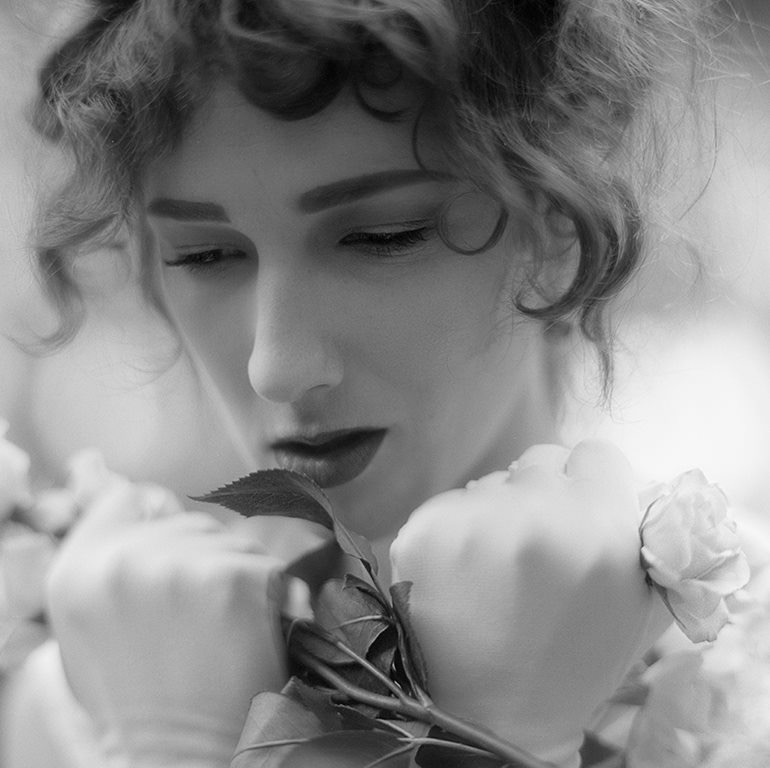
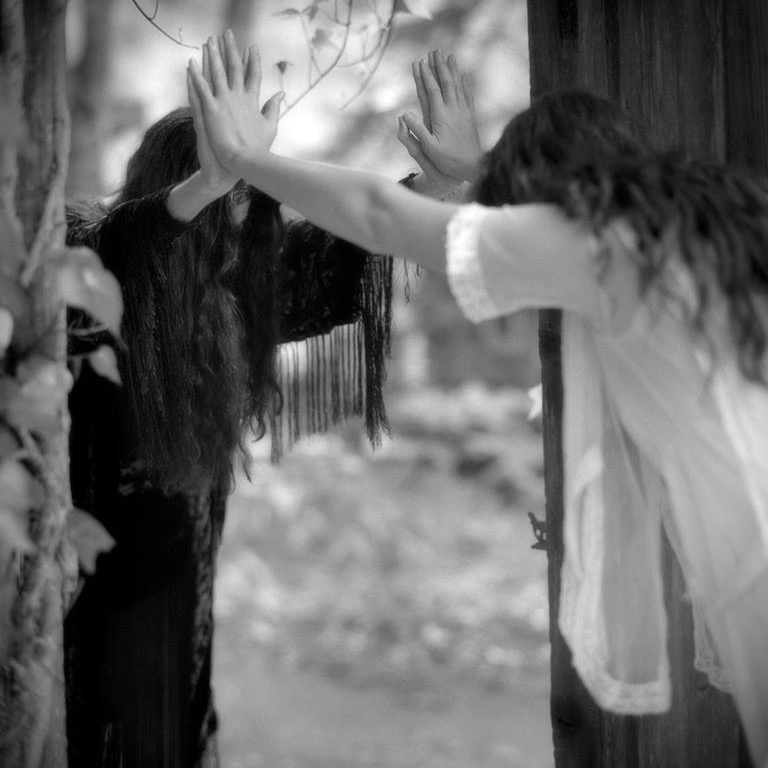
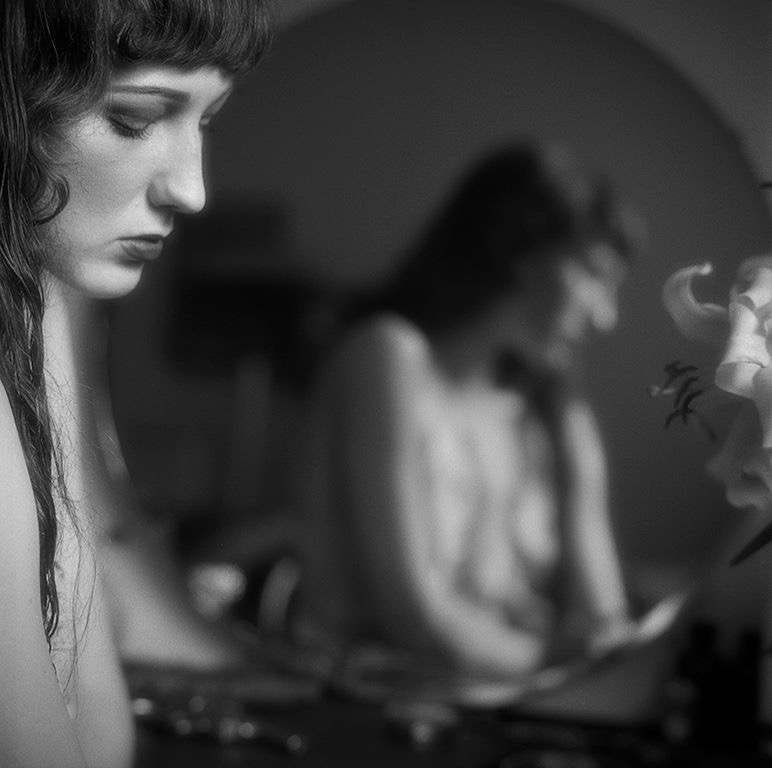
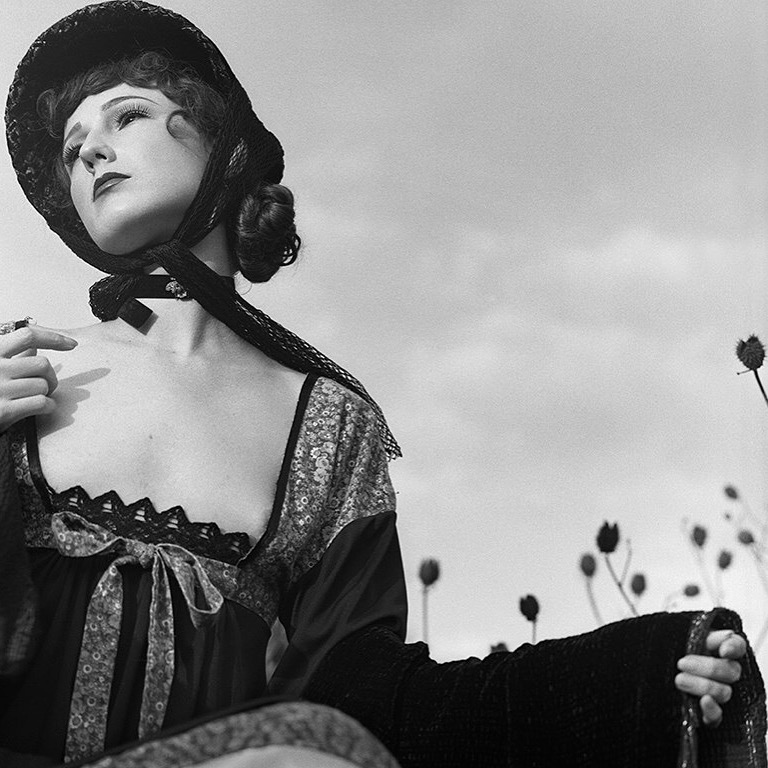

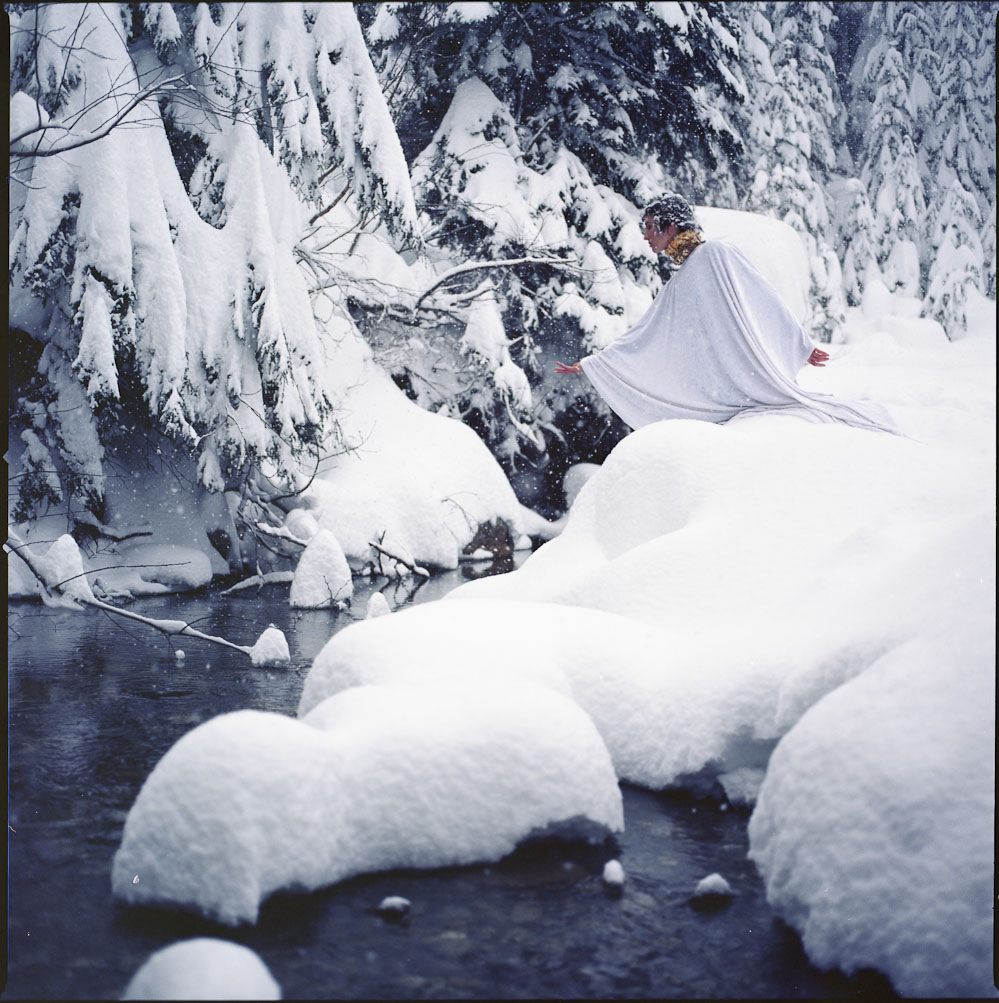
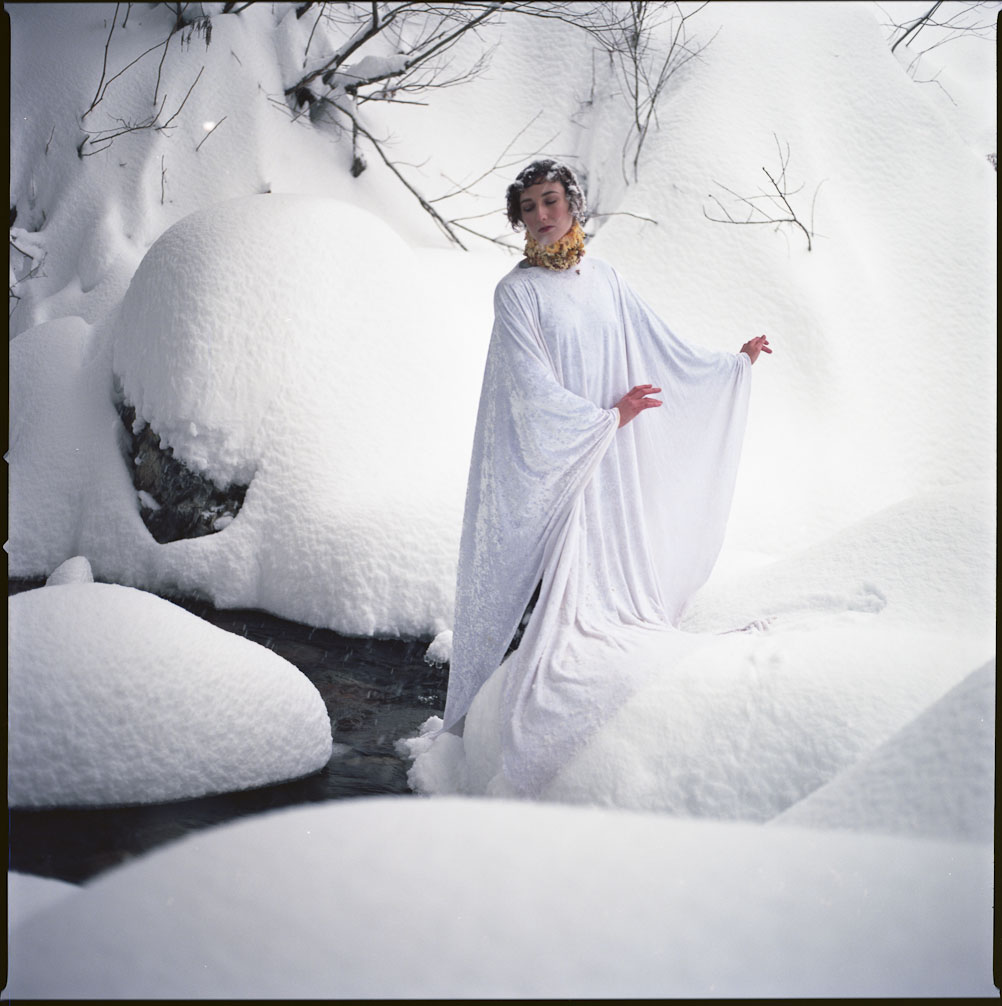
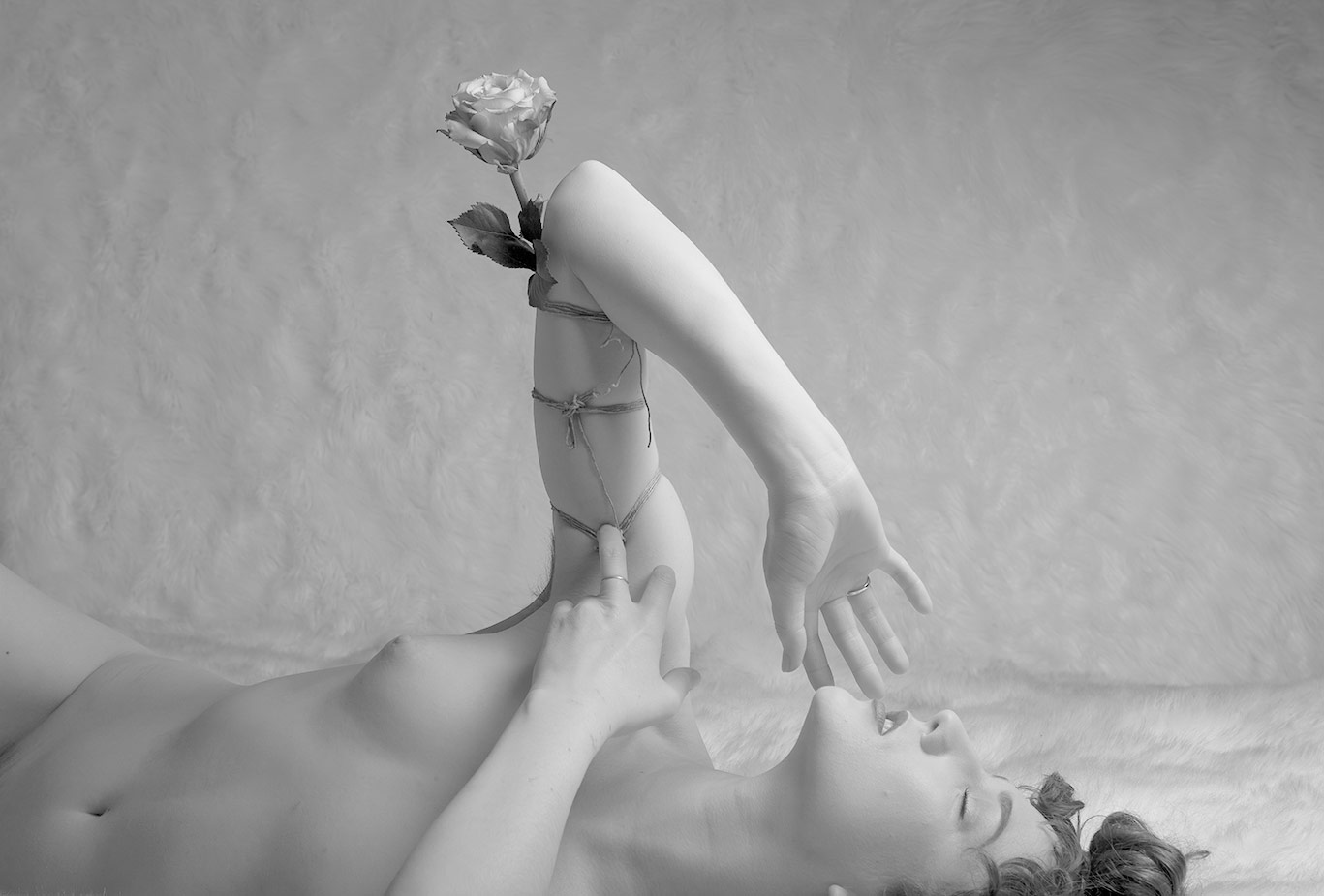
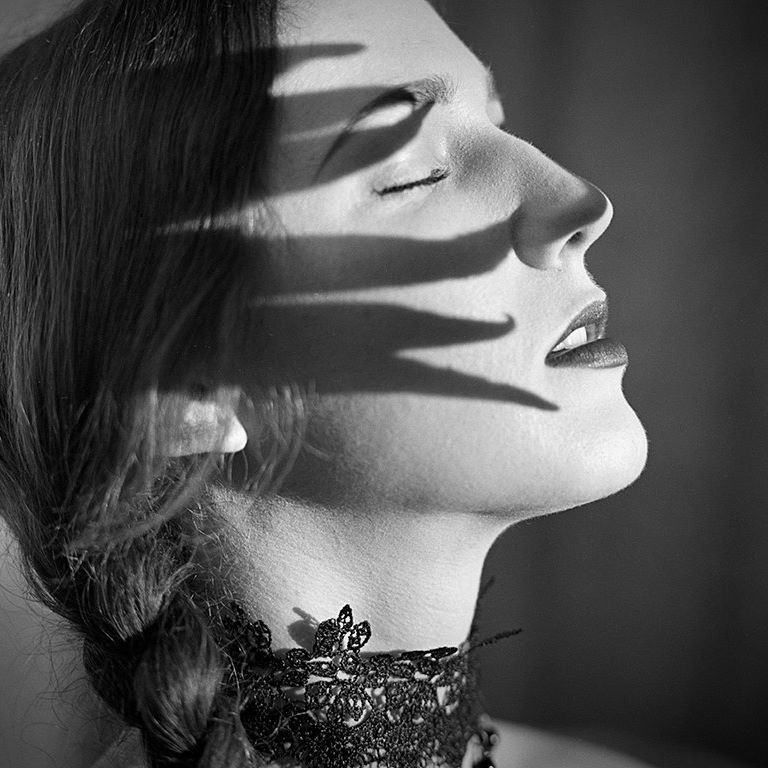
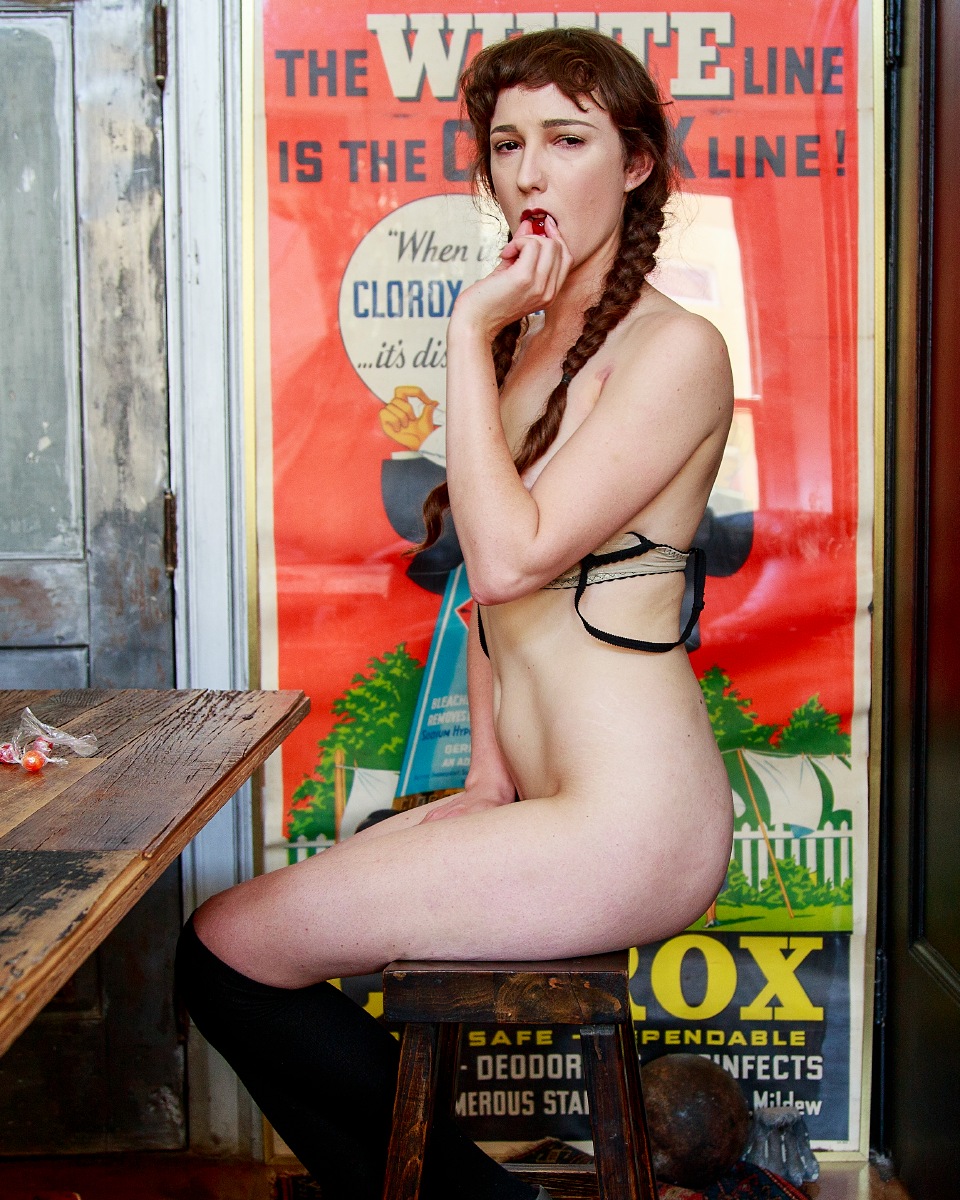
words and interview by Alvaro Gutierrez
The model Neptunian Haze is known amongst photographic circles for working with established and emerging artists in the Los Angeles area and across the nation; those who embrace analog and guard the medium by keeping film alive and powerful. It’s evident from the dark, powerful and sensual compositions of her work which is raw, unedited and untainted by the digital age; it is a craft that transcends time, maintaining the roots of photography vibrant and alive, never ephemeral. Beyond the camera, the artist whose birth name is Sabrina Angelina Rucker faces the trials of bipolar disorder, which affects roughly 2.5% of the US population. To reconstruct the negative into a positive, she harnesses her inner demons for the camera with the ambition to serve as inspiration to other artists like her and to convey what they must endure and serve as evidence that art can be therapy—even within the darkness. We caught up with art model and photographer Neptunian Haze on art as therapy.
Asymmetric Magazine: What is your biggest inspiration at the moment?
Neptunian Haze: My biggest inspiration at the moment, and for quite some time, are all of my talented friends and fellow artists who have always been there to support me in so many ways.
AM: What music is currently inspiring you?
NH: This is such a difficult question. I feel that with each person I work with, I share a musical taste connection that helps us vibe when we work. Each experience is unique.
AM: What inspired you to become a model and now, a photographer?
NH: My insanity and how to cope with it. And to show others how to cope with it–to make it beautiful and harmonious. My art isn’t always pretty, and it isn’t always fun. It’s the full spectrum; you’re not going to get anything filtered. There’s no Photoshop—it’s as raw, real and authentic as one’s soul can hope to be.
AM: So, is modeling and photography a form of therapy for you?
NH: It’s probably the most effective form of therapy that I have found away from pharmaceuticals including medicine like cannabis. It’s progressive therapy—you’re actually doing something; it’s active therapy.
AM: What role does Los Angeles play in your work?
NH: Los Angeles is where I found my bearings as an artist and a model and where I made many of the connections that have helped shape me to be the woman I am. I started working in the film industry doing make-up, which had been a huge bonus being an independent traveling art model. When in Los Angeles, I always have a feeling of community and support. In addition, there is a wonderful variety of humans to meet and be inspired by. I can almost always find someone to simply get together with and collaborate any day of the week and make something so surreal. I would have to say that's one of my favorite things about Los Angeles. It provides me with many elements needed to make genuine images.
AM: What themes do you typically pursue in your work?
NH: My themes are typically not planned. I do have an extreme fondness for collecting antiques and making sets for my images. My images when collaborating typically tell a story. Together with the photographer, we come up with ideas. Ideas and a story that we both don't quite have a way to tell with words, so we use emotion and imagery. My personal portraits or travel photos are more that of a diary, or journal of once again, the failure of words. Sometimes it's also a way to escape and truly explore a feeling.
AM: A lot of your work shows the turmoil that you go through. How do you emotionally prepare to take the photos that you do?
NH: There’s no way to be ready. There’s no form of any sort of ritual to do to prepare for anything that can happen in life, because life is unexpected. Good things happen to bad people and bad things happen to good people. And you can’t project that, you can’t expect that, you have to live life without expectations and almost like everyday is your last. So that’s how I deal with trying to release these emotions. There’s no preparation, there’s the deconstruction, and the reconstruction of feelings, thoughts emotions that help me overcome obstacles or whatever you want to overcome in your life. I like obstacles because you can overcome them and not be a victim to them.
AM: You also deal with many dark themes such as suicide and death, but there’s also light, beauty and sensuality. What is the range of your work?
NH: It’s the full spectrum of what every human body is capable of if they are accepting towards their emotions. It’s the willingness to accept them, the willingness to embrace them, as hard as it may be, to become a survivor instead of a victim to these feelings. When I feel low, whenever it may be, I pack a bag, pack a snack if I’m feeling ambitious, and drive a good distance where I can be away from the clutter of the city and be with my own and release that in a healthy way that conveys emotions that I know others need to speak but don’t have a voice for. I feel that my art has been important for myself, as well as others who suffer from similar emotional and mental disabilities like bipolar disorder, post traumatic stress disorder, hyper sensitivity, and extreme anxiety. In addition to actual physical abuse.
There’s a void in all of us, and that’s the beautiful challenge in life–to try to fill it.
AM: Do you feel your best work is on the darker side of the human experience?
NH: For myself, yes. I would say that I’ve had a very hopeful response from many individuals dealing with similar struggles, similar disabilities in their lives, who have found solace in my work and finally see someone who’s been able to express how they do feel, and emote feelings that some can’t quite say.
AM: How does it feel to reach those artists out there struggling with the same challenges?
NH: In a selfless way, it feels good. I don’t feel so alone. When people try to contact me about certain situations or tell me that I’ve spoken to them, it makes me feel really good, and I want them to know that it makes me feel good, because that’s important, and I hope that I can do the same for them.
AM: You work with talented individuals and your work is so impressive.
NH: As an artist, I feel that I have still not done enough. You’re never going to fulfill that craving, to fulfill this void in you, whatever it may be. So that’s going to be a fight until the day I die.
AM: Is there a void in you?
NH: There’s a void in all of us, and that’s the beautiful challenge in life–to try to fill it. And succeed. Most of us do.
AM: Aside from art, how do you fill that void?
NH: I have a beautiful dog named Mandy, and she’s taught me more than anything that can be taught in life. She’s taught me how to live carelessly, not worry so much about how other people think of me and to just be accepted whether people want me to be or not. I am Mandy, hear me roar.
AM: Where do you want to take your career?
NH: For me, it’s staying alive at the moment. I would not be alive if it were not for photography. If it were not for individuals encouraging me to create, to share emotions, to help them express emotions. I have worked with so many photographers who, like myself, have a voice but don’t know how to put it into words. But I've been so fortunate to work with a select few individuals that, when we do come together and collaborate, they aren’t fluid with the camera but have so much to say. Without words, I can comprehend, and I can exude those feelings and emotions and have an understanding, which is quite cosmic, if you ask me. There are very few people that I’ve been able to do this with, and that’s the work that has been most recognized and best received. Many individuals reach out to tell me my work keeps them going, and that’s the best feeling ever. So if I can continue to do that for the rest of my life, I will die a happy girl.
AM: On the darkest and toughest days of your life, what goes through your mind before you decide to pick up the camera and take another shot?
NH: Unfortunately, thoughts of dark things come to mind—of hurting myself, of unspeakable things—so to clear my head of that, whatever feeling I’m feeling, I want to reverse it. I’ve had a lot of times where I’ve just wanted to give up. I want to bury myself, so I’ll do something remotely kind of showing that. I try to make something beautiful out of what someone might find sad. I decide to do the opposite, so when I do feel that way, when I want to hurt myself, I tell myself, 'What’s the point? That’s not going to do anybody good, put that pain on something, so if somebody is feeling that way that day, if they see that, it might give them hope to push forward and not give in to the inner demons.' That’s what helps me.
AM: So, on the contrary, during your best days, during days of light, what inspires you to pick up a camera and take another shot?
NH: My friends. When I do have that moment, it feels so foreign and rare and I don’t want it to ever leave again, so I want to capture it with my camera to think of it forever.
AM: Who is Neptunian Haze and who is Sabrina Rucker, and how are they alike, and different?
NH: I don’t know if they’ve even met, to be honest. You’re speaking with Sabrina, but when I get behind the camera it’s just a different persona I take on, I can feel more uninhibited and be my true self. I can have my government name, Sabrina Angelina Rucker, and then I can be Neptunian, and I can do my art, so that’s what differentiates me, but I still have the same soul and have the same heart and mind and keep making my art.
AM: You’ve been very candid, raw and unbound. What do you want to tell other artists who are struggling with bipolar disorder and are searching for the light to step out of the darkness?
NH: I feel like I fall into that pit every day, and I look at the beauty I’ve created and think about how I’ve overcome that, and how much strength it took to overcome that. And the fact that I’m still here today gives me hope that I will overcome it again. So every time you’re stuck in that rut, or you’re in that low, or you’re falling down that roller coaster and you really want it to crank you back up, just remember what you did in the past—and that you've done that, and you're capable of it, and you can do it again. And that’s what keeps me going. Done it before, and I’ll do it again and will continue to do it.
AM: What can we expect to see from you next?
NH: After many years in front and behind the camera, ideally I would love to focus more of my art towards creating self portraits, travel journals, capturing life moments, and photographing new experiences while utilizing a variety of analog film cameras. I want to explore new ways to document human interaction in multiple types of medium of developing and printing my film. I hope to solidifying a signature look to my work so that one may recognize it just by the way it feels. I want to open my experience behind the camera to open up others in front of the camera. I feel for the most part the world of photography has been run by slightly misogynistic males, not all of them, but I have a trust I’ve been able to build up with women and they feel very comfortable and very beautiful around me no matter what. I attribute this to seven years of working seminars on how to do makeup and be attentive to each different type of person, their personality, and what they’re looking for, so I have an ability to connect with people and make them feel like themselves—and not try to change them, and not make them something they're not and Photoshop them. I look forward to making women feel themselves and as beautiful as they truly are without any editing. I just want women to be women and take it back.
Find more of her work on Instagram.


